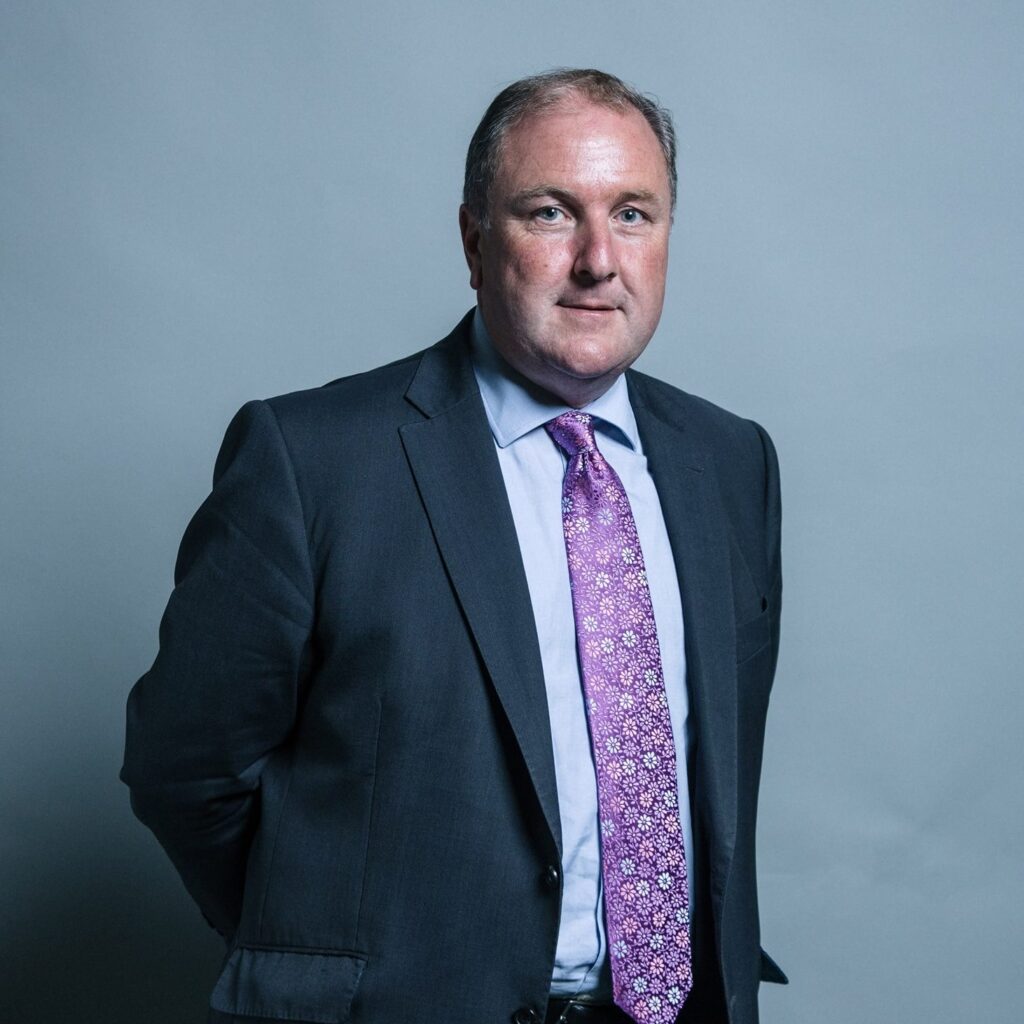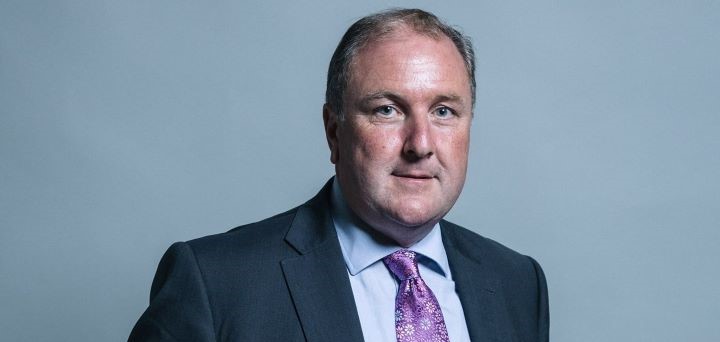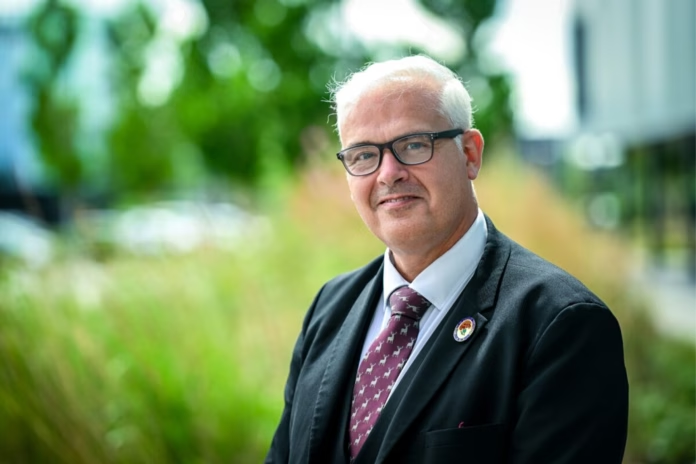
New local government minister Simon Hoare does not anticipate councils “rushing to the section 114 lever as a get out of jail free card” as he believes there are many steps that can be taken before reaching that point.
Speaking at the Levelling Up, Housing and Communities Committee inquiry into financial distress at local authorities, Hoare said he didn’t think it was as easy to say the cause of the proliferation of recent warnings of possible s114 notices “was a case of pounds, shillings and pence”.
Hoare also does not believe the local government funding system is broken, stating he is “not keen to attach particular status to one figure or another” when MPs presented him with recent research on the difficulties local authorities are facing, such as recent analysis from the Local Government Association which showed a £4bn funding gap.
However, Hoare did extend an offer to all local authorities to work with the Department for Levelling Up, Housing and Communities (DLUHC) to find “collaborative solutions”, and pledged that no council “would be left behind”.
He also urged any authority in financial trouble to contact DLUHC in confidence to identify and work through possible solutions.
“There is not a one-size-fits-all solution as there is not a one-size-fits-all problem,” he told the inquiry, which was attended by Room151. While the s114 notices already issued represent a “failure” in local government, Hoare said he was not one to point fingers and instead said there was a “mixed mosaic” of responsibility for them.
Hoare was light in detail about any potential actions his department would now take, citing his newness in the role of local government minister. Like the MPs, Hoare said he would be interested in the outcome of the Autumn Statement taking place this week (22 November) but had no knowledge of what would be announced.
However, he did state categorically that there was currently no fair funding review taking place – much to the dismay of inquiry chair Clive Betts – or that there were any plans to reform the local government funding formula. Additionally, Hoare said there were no plans “apparent” for any re-evaluation of council tax bands.
Hoare said now was not the time to radically change the local government funding system. “I’m not seeking to downsize the scale of concerns you have heard [during the inquiry] but ‘broken’ and ‘beyond repair’ are words often bandied around when that is often not the case,” he said.
“Fundamental root and branch change would not be welcome or productive [at the moment]. I don’t want to throw the whole local government family into a period of uncertainty – there is not the bandwidth to be able to deal with that.”
Hoare suggested that many in local government didn’t want wholesale change to funding formulas, but instead “just wanted certainty the government understands the problems and is keen to help”, which he said was the case.

On the issue of children’s social care and spiralling costs, Hoare recognised the current “challenge of supply and demand” and said there was a need to “turbo boost” the number of practitioners in this area. However, any plan to achieve this would need consultation with the Department for Education, he said.
“The market is under stress but is not broken,” Hoare added, saying that while he had a “clear commitment” to fixing the issue that required a “collaborative approach”, there would not be “a waving of a magic wand”.
The inquiry also featured discussions on adult social care and DLUHC’s approach to special educational needs and disabilities (SEND), with Hoare saying he was “too new in post” to provide a concrete strategy at this time.
On the issue of temporary accommodation, Hoare suggested no immediate action was necessary and instead it was “sensible to pause to see the direction of travel” of pressures such as cost of living and inflation, which may be easing and would have a knock-on effect. That they will ease is “not an eccentric hope”, he stated.
Hoare’s level of detail on possible solutions to the plethora of pressures facing government appeared not to satisfy some of the MPs at the inquiry. Kate Hollern, MP for Blackburn, stated she was “none the wiser” after hearing Hoare’s comments on addressing the funding gap in adult social care, while Ian Byrne, MP for Liverpool, West Derby, wondered how much more of an emergency in temporary accommodation there would have to be for any action to be taken.
Finally, Hoare outlined his belief that the Office for Local Government (Oflog) would be helpful to collate data to try and “nip in the bud as much as possible” potential financial troubles.
“Local government should see [Oflog] as a helpful tool and not as a helicopter parent,” he said, with the organisation likely to take on a larger role in the near future.
The previous evidence session of the Levelling Up, Housing and Communities Committee inquiry into financial distress at local authorities was held last week and heard the concerns and opinions of four section 151 officers.
In the first evidence session, the inquiry was told how the causes of section 114 warnings are now systemic rather than idiosyncratic, among other discussions.
—————
FREE weekly newsletters
Subscribe to Room151 Newsletters
Follow us on LinkedIn
Follow us here
Monthly Online Treasury Briefing
Sign up here with a .gov.uk email address
Room151 Webinars
Visit the Room151 channel











